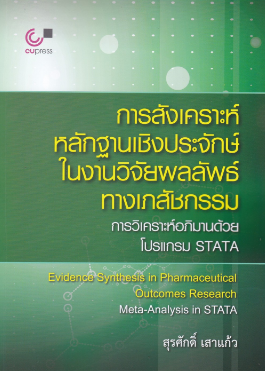
Book
Biotechnology Approaches to Legumes Productivity for Food Security
ISBN : 9781639898824
Author : Reagan Perry
Publisher : States Academic Press
Year : 2024
Language : English
Type : Book
Description : Legumes are a type of plant characterized by their seeds, which grow in pods. The family comprises a wide variety of plants, including beans, lentils, peas, soybeans, and peanuts. These plants are highly valued for their nutritional content and phytochemicals. Legumes also have the ability to fix nitrogen in the soil, making them important in crop rotation, sustainable agriculture practices and food security. A condition where all people, at all times, have physical, social, and economic access to sufficient, safe, and nutritious food that meets their dietary needs and food preferences for an active and healthy life refers to as food security. It includes both the availability of food and individuals' ability to access it. Biotechnology is a diverse array of scientific techniques that harness biological systems, organisms, or cells to develop products and technologies beneficial to humanity. At its core, biotechnology involves manipulating living organisms or their components to create useful products or processes. Genetic engineering enables the development of legume varieties with enhanced traits such as drought tolerance, disease resistance, and increased nutrient content. Through techniques like marker-assisted selection, breeders can efficiently select desirable traits, accelerating the breeding process. Engineering legumes to have improved symbiotic relationships with nitrogen-fixing bacteria enhances soil fertility and reduces the need for synthetic fertilizers, promoting sustainable agriculture. This book provides comprehensive insights into the field of biotechnology in legume productivity. It traces the progress of this field and highlights some of its key concepts and applications. This book is a vital tool for all researching and studying this field.








